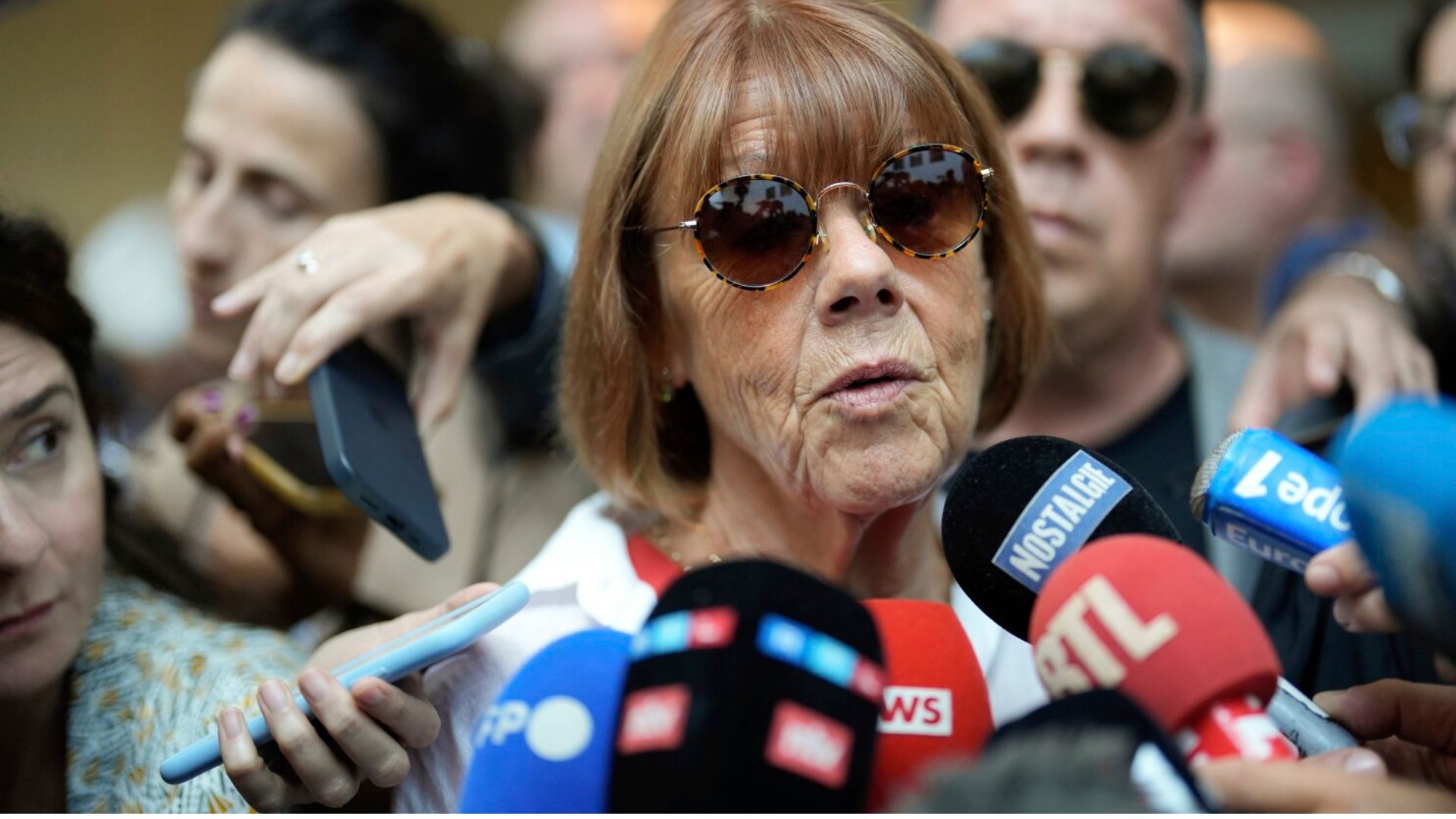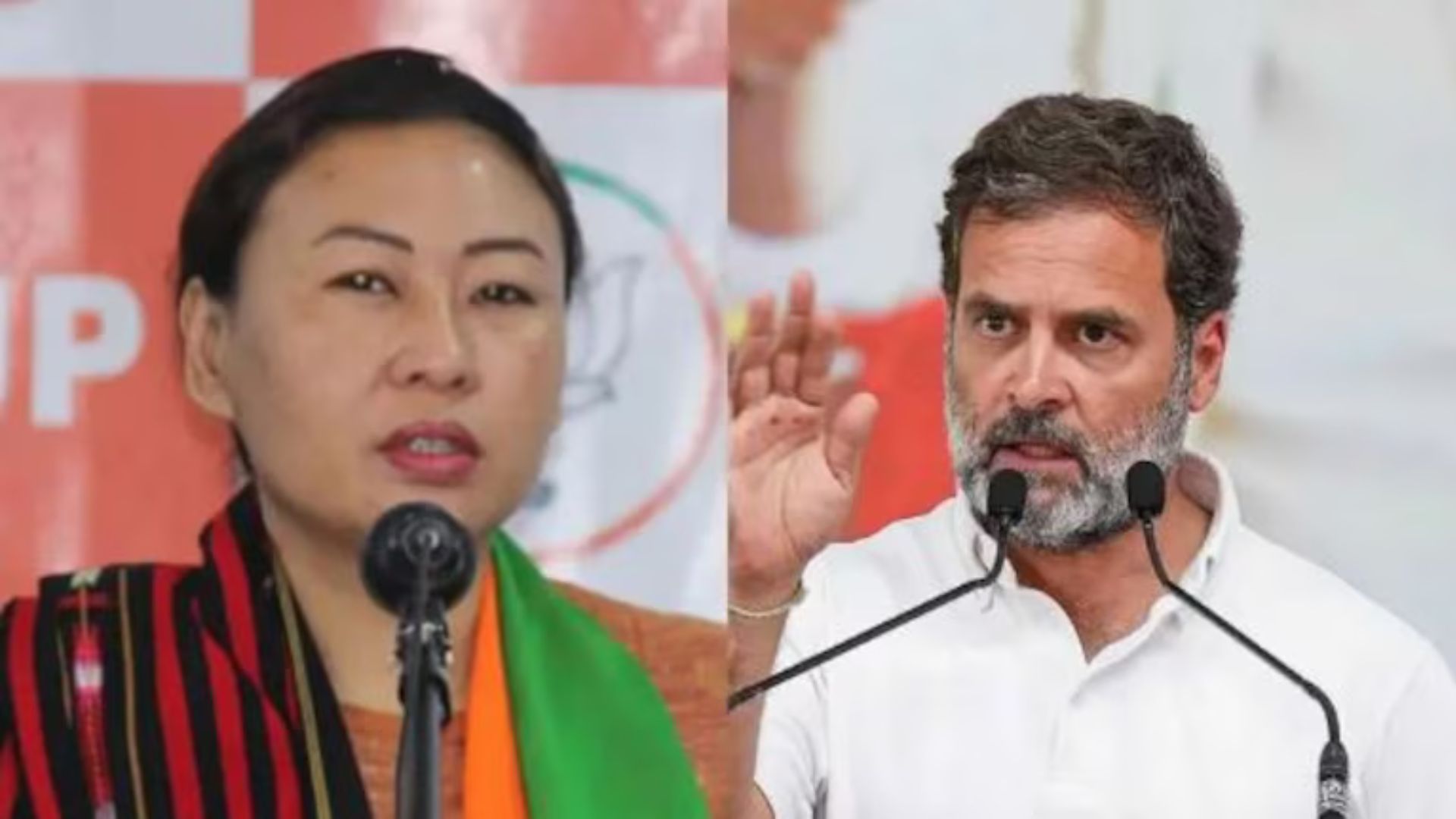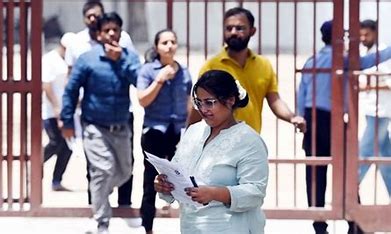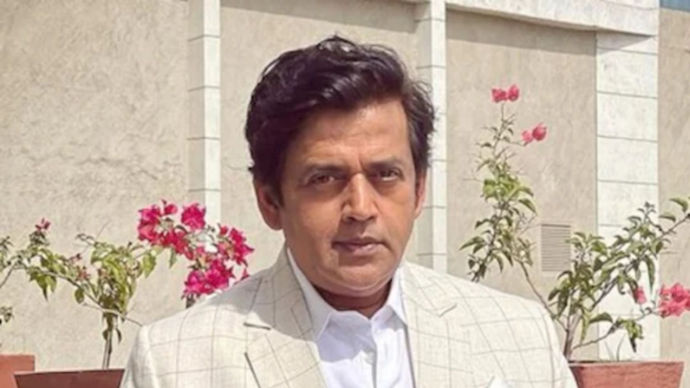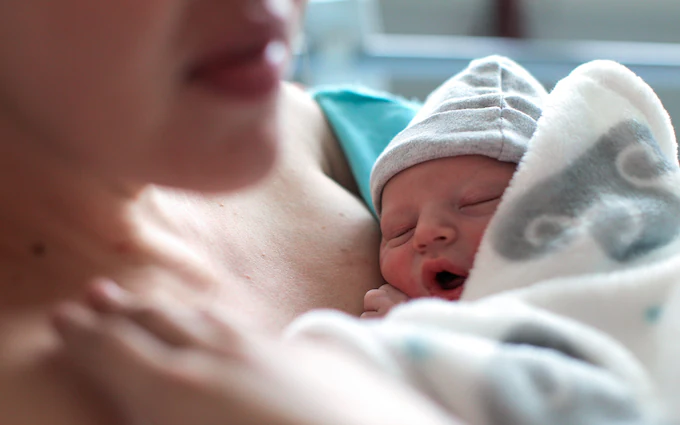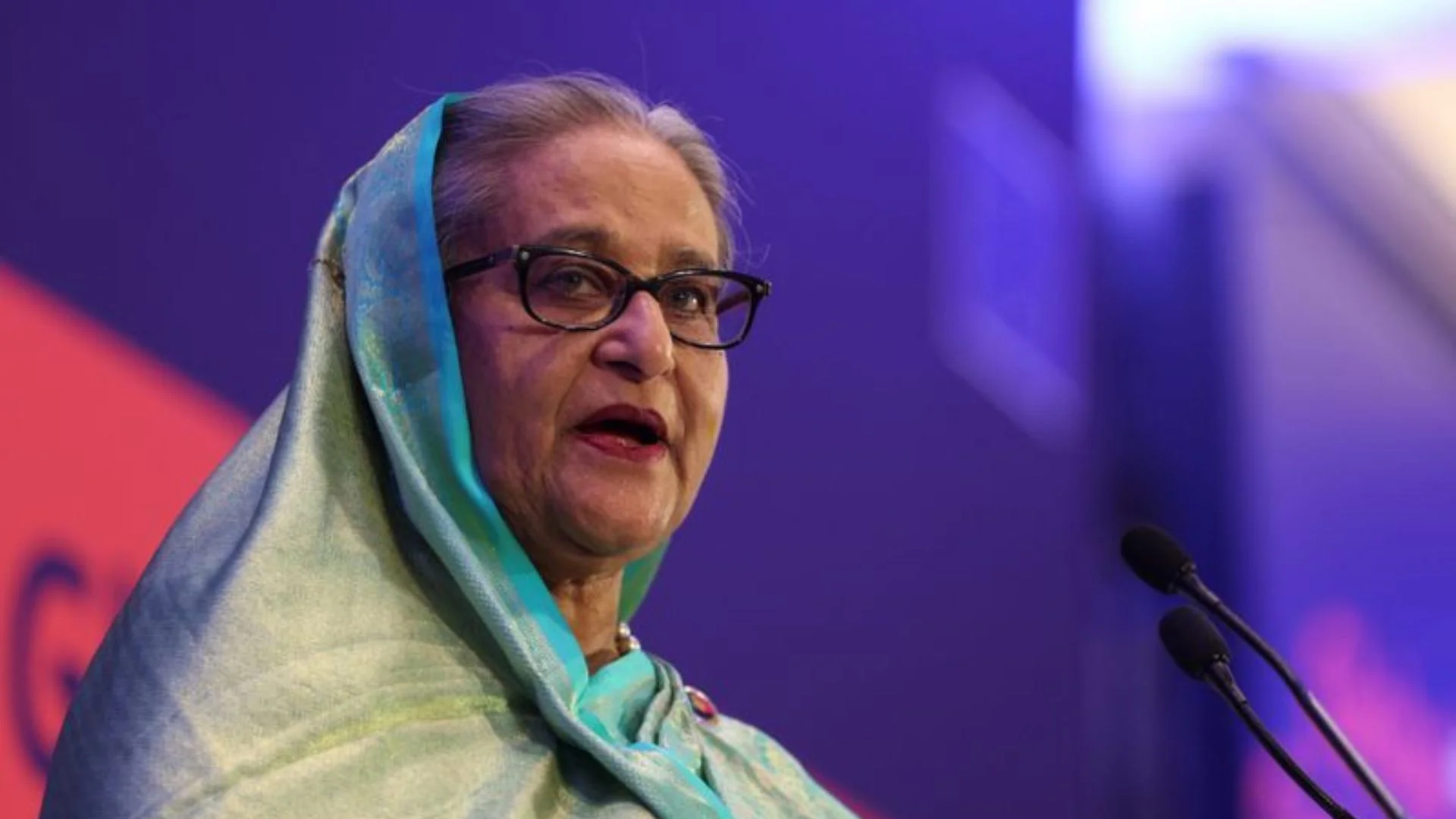
Sheikh Hasina, the ousted Prime Minister of Bangladesh in a recent virtual event in New York has attacked Bangladesh interim leader Muhammad Yunus stating that he has engaged in “genocide” and failed to protect the religious minorities, particularly Hindus. She also pointed out the violence that has recently escalated against various minority communities in Bangladesh, including Hindus, Buddhists, and Christians, alleging that Yunus was behind this well-organized campaign of persecution.
This public address marked Hasina’s first since fleeing Bangladesh to take refuge in India following mass anti-government protests in August. Hasina revealed that the protests had escalated to the point where she was forced to leave her official residence in Dhaka under pressure from armed demonstrators who had targeted the presidential palace, Ganabhaban. She recalled a tense moment when security forces were on the verge of opening fire to defend her, a situation she claimed could have led to a massacre had it not been for her instructions to refrain from using force.
In her speech, Hasina described Yunus as the mastermind behind the genocide, a claim she linked to the violence against minorities. She accused the current government of failing to intervene as places of worship, including Hindu temples and Buddhist shrines, were destroyed. She also criticized the arrest of Hindu monk Chinmoy Krishna Das, in connection with protests against the violence.
Hasina further alleged that there had been a plot to assassinate her and her sister, Sheikh Rehana, similar to the assassination of their father, Sheikh Mujibur Rahman, in 1975. The former Prime Minister reiterated her belief that the violence would not subside, despite her decision to leave Bangladesh in hopes of halting it.
In response to Hasina’s accusations, India expressed deep concern about the growing violence against minorities in Bangladesh and the “surge” in extremist rhetoric. The Indian government called on the interim government to fulfill its responsibilities in protecting all citizens, especially minority groups, and ensure that cases like the arrest of the Hindu monk were handled transparently and justly.
The deteriorating relationship between India and Bangladesh, following Yunus’s rise to power, highlights the increasing international pressure on the interim administration to safeguard religious freedoms and uphold human rights within the country.
